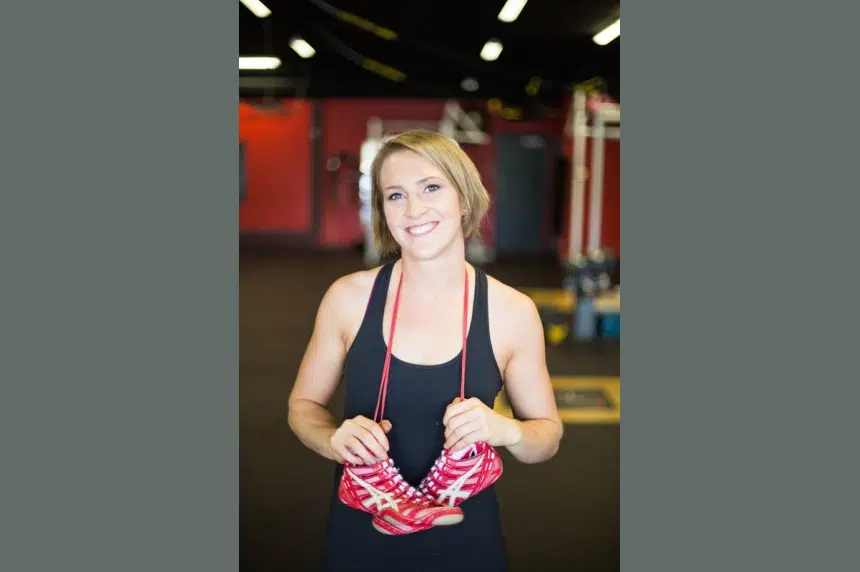Overcoming personal and physical challenges, Jillian Gallays will soon realize her dream of chasing Olympic gold.
The Saskatchewan native will make her Olympic wrestling debut this summer after qualifying at the Pan American Olympic Qualifier in Frisco, Texas this past weekend.
Gallays also helped Canada become the first women’s team to qualify in all weight classes for wrestling at the Rio Olympics.
“It’s crazy. I’m so excited right now. I just can’t believe it,” Gallays said on the phone while she and the other ladies of Team Canada take time to get to know each other in New Orleans.
Born in St. Brieux, Gallays’ family moved to Saskatoon when she was in Grade 2, but her love of wrestling didn’t start until High School.
“In high school I just tried everything,” she said. “I wasn’t actually that great at wrestling. I never won high school cities or provincials,” she said.
But once she started university, Gallays said she went with wrestling because of the people.
“They’re quirky, weird and supportive and wanted you to be the best you could be in anything you decided to choose,” she said.
She said wrestling was what helped her graduate from the University of Saskatchewan with a degree in kinesiology. Living with dyslexia, Gallays said sports helped her learn to manage her time and motivated her to be her best.
In early 2014 she moved to St. Catharines, Ont, to train. Later that year, she won a bronze medal at the Commonwealth Games. She was also the only Canadian to medal at the the world championships that year, again winning bronze in a performance she called her “most outstanding accomplishment.”
The journey, however, has not come without a few surprising hip tosses. Following the world championship, she dislocated her elbow in November and in January during her first tournament back, she tore the lateral collateral ligament in her right knee.
The injuries caused her to perform poorly at the Canadian championships. Things only got worse when, while attending a training camp in Poland, two girls fell on her other knee and tore her medial collateral ligament and meniscus.
“All of 2015 was pretty much just trying to come back from one injury to another and another and trying to stay positive and remember why I love the sport and the goal of the Olympics was just too big to let go,” Gallays said.
With the help and support of her wrestling clubs, Gallays went on to win an injury-provision wrestle-off and qualify for team Canada in the 53 kilogram division last month.
Just a few short weeks later, she’s on her way to the Olympics.
“Being on that podium has been my dream for so many years, but just the games as a whole is such a big experience,” she said.
This year’s games could have easily been any wrestler’s last chance to chase Olympic glory after IOC leaders surprised the community in February 2013 by dropping the sport from the 2020 program. Lobbying by FILA, the international wrestling body, and promises to make the sport more spectator engaging prompted the IOC to reinstate the sport several months later.
New rules were introduced shortly after to encourage more active and aggressive matches. Instead of three two-minute matches, wrestlers now compete in two three-minute rounds that push their fitness. Throws and take downs are rewarded while passive behaviour is penalized. There are also six women’s weight classes now, up from four.
“I love them. They really are to my advantage to my style of wrestling,” Gallays said of the new rules.
Gallays will be back in Saskatoon this week and will celebrate her Olympic qualification with a fundraiser on April 4.







